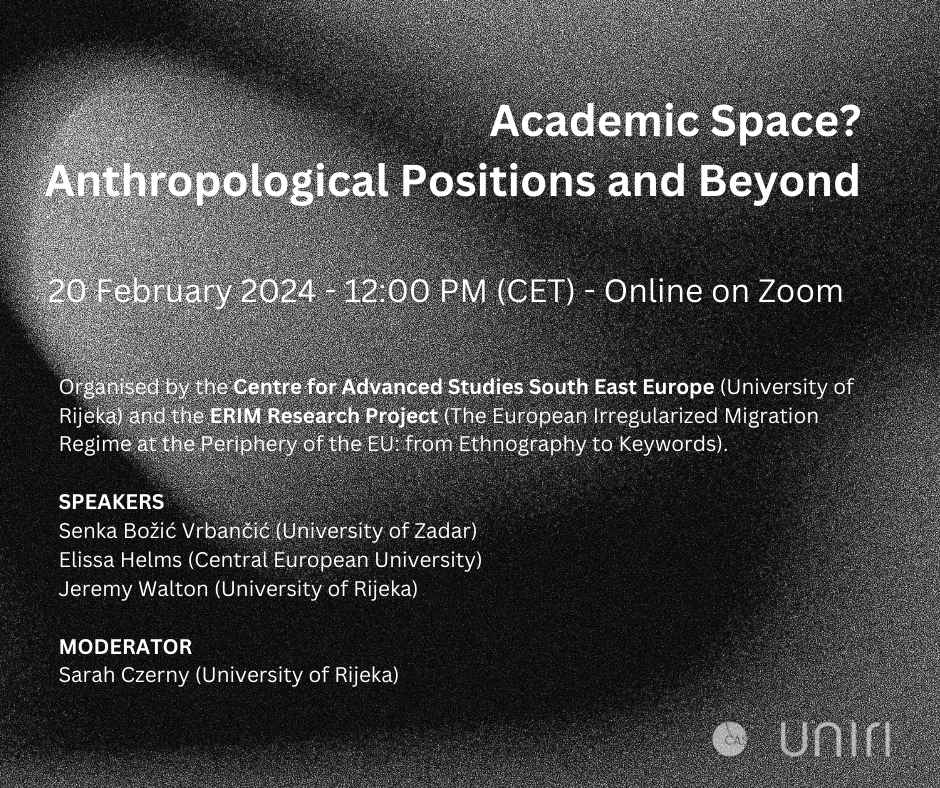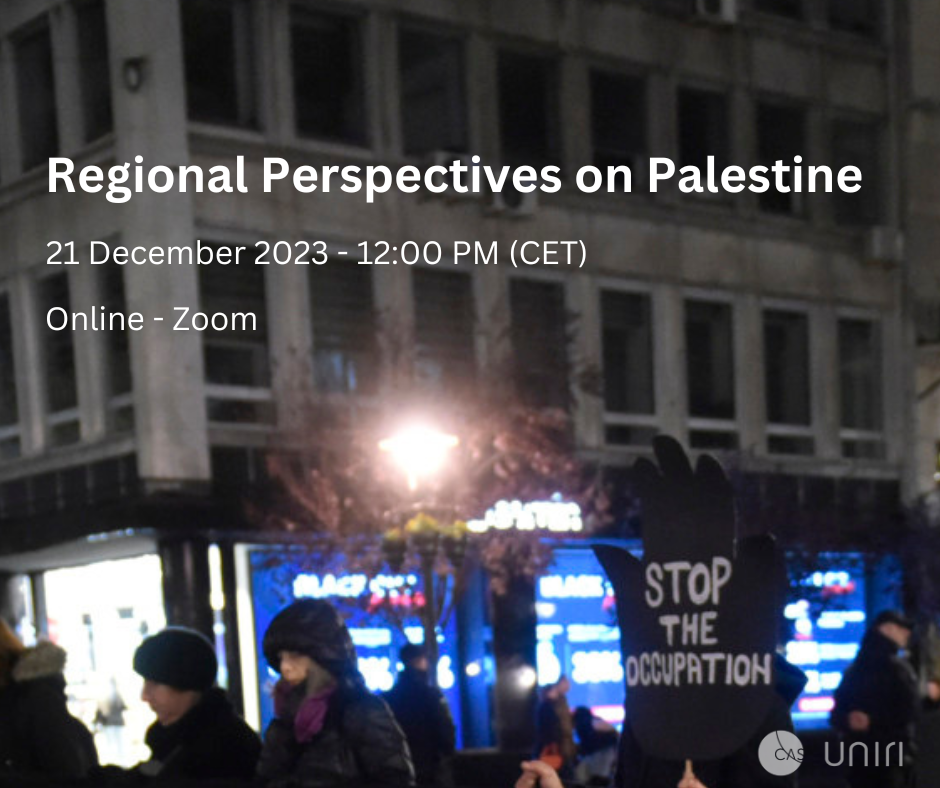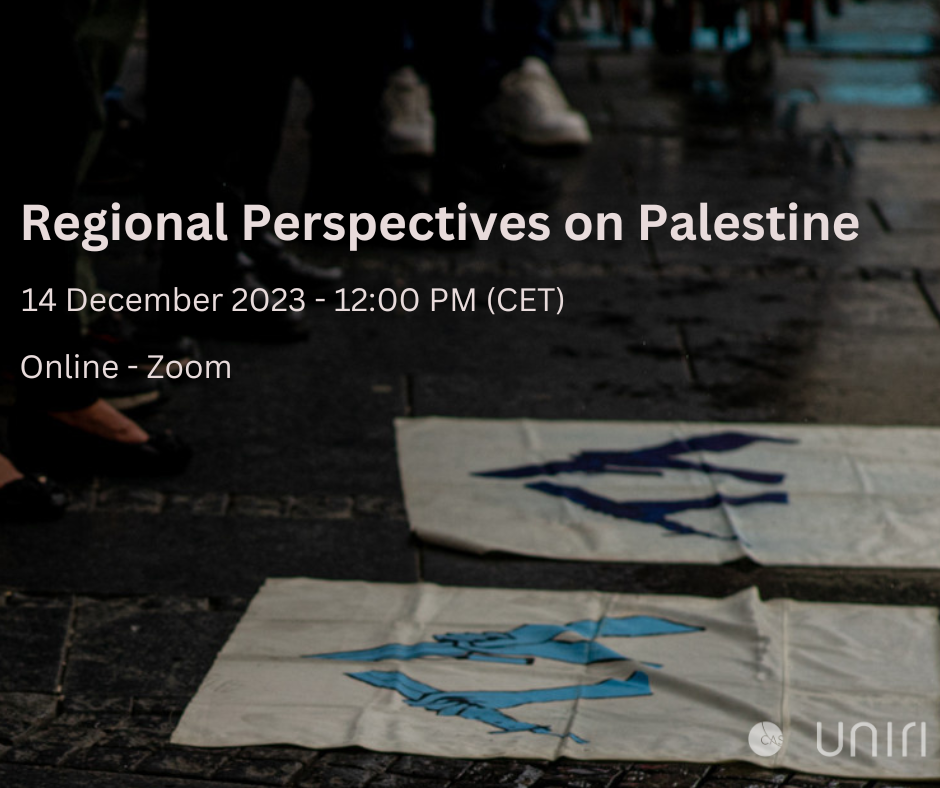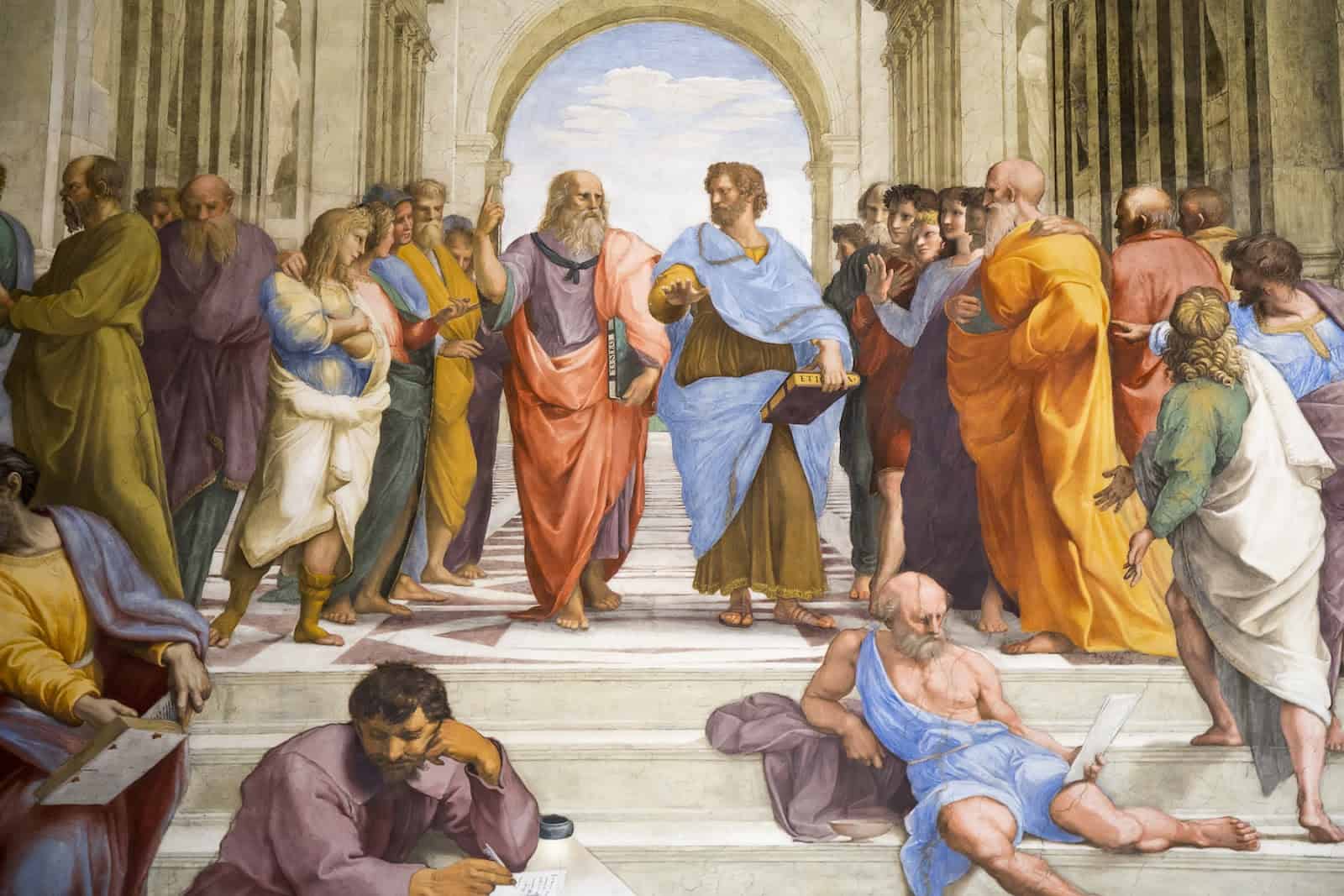In the past forty years we have been witnessing a decline of public institutions in various areas. First, decline of institutions of welfare state. Second, decline of democratic institutions. There has been much talk recently of democratic deficit, particularly at EU level. Many public institutions that provided public goods or services have been taken by private firms (market) or by civil society (informal institutions). How serious is the threat of market of public services to democratic control over provision of such services? Is it true that making civil society as primary provider of such goods and services enhances democracy or is it replacing social rights with charity that can present problem for democracy?
Can deficits in democracy be overcome simply by expanding democratic control through well known democratic institutions of representative democracy or we need new kind of more participative democratic institutions? Can it be that our problems and institutions become so complex that we need more expertism and maybe less democratic control? What is the right balance between expert knowledge and democratic authority? The rise of the radical right movement in whole Europe and tendencies of many East Europen governments toward “illiberal democracy” (V. Orban) are very serious. How strong is the role of political and economic institutions in giving rise to such movements? Are the citizens main agents of institutional change so institutions simply reflect their worldviews and attitudes? Or, is it that citizens’ attitudes reflect information that institutions send what behavior is permissible and expected? How do institutions change themselves and how they change society?
These questions (and many more) will be discussed on May 26, 2016 at 19.00 at Hotel Jadran (Šetalište XIII divizije 46, 51000, Rijeka).
Welcome Addresses: Pero Lučin (Rector, University of Rijeka), Snježana Prijić Samaržija (Vice rector and director of CAS SEE, University of Rijeka)
Introductory: Nebojša Zelić (Faculty for Humanities and Social Sciences, University of Rijeka)
Participants: Erhard Busek (Institute for the Danube Region and Central Europe, Vienna), Vesna Pusić (Former First Deputy Prime Minister and Minister of Foreign and European Affairs of Croatia), Shalini Randeria (Institute for Human Sciences, Vienna), Wolfgang Merkel (WZB Berlin Social Science Center), Ugo Mattei (IUC College University of Torino, Hastings College of the Law University of California), Stanislas Hubert (French Institute Zagreb), Vedran Džihić (CAS SEE, University of Rijeka)




